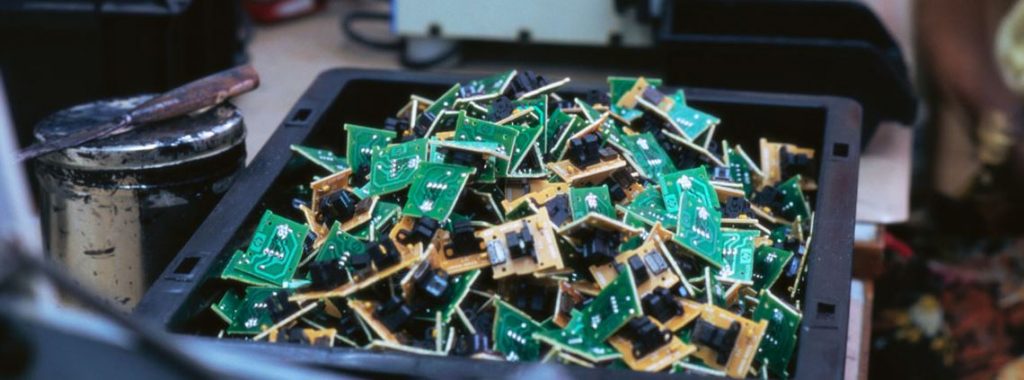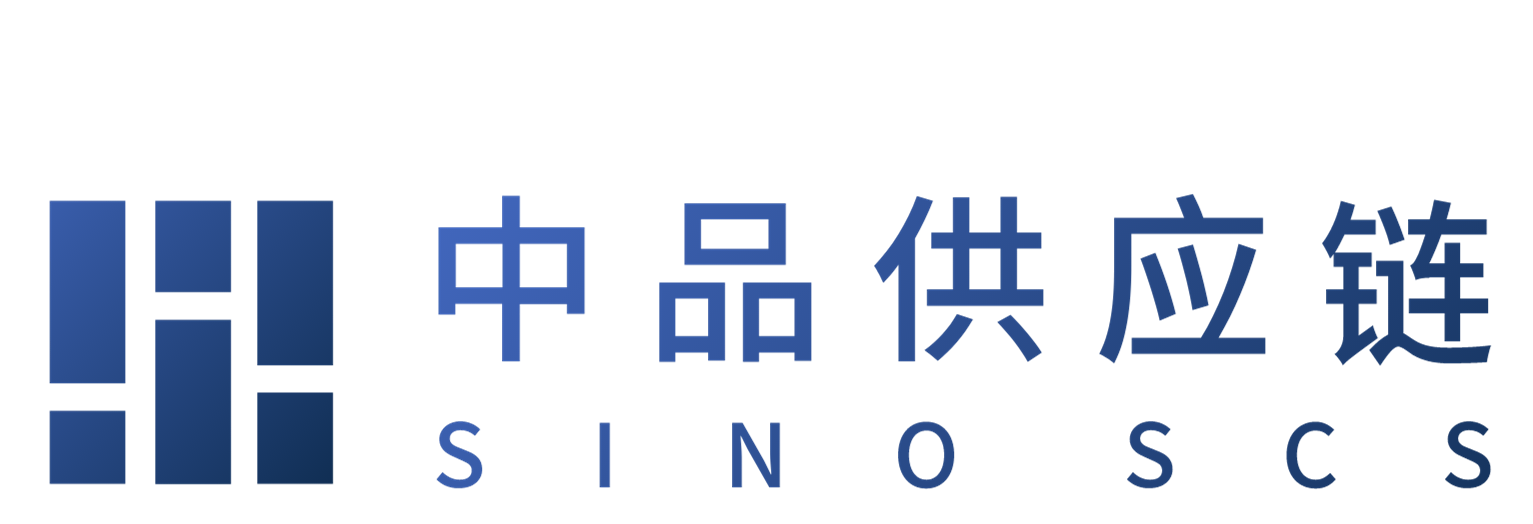‘Don’t be too patient with us,’ says HP supply chain chief

Technology company HP has announced it is moving away from its lean supply chain model as it seeks future resiliency with partners, according to supply chain chief Ernest Nicholas.
Speaking at the company’s Amplify Executive Forum in Dubai, Nicholas said: “We’ve got to think differently. What’s become the key is resiliency. I want to think of resiliency as insurance… It’s this idea of mitigating against potential points of failure.”
The comments come on the back of HP reporting a $10bn backlog last year due to pandemic-fuelled supply chain disruptions.
Nicholas told delegates: “I like to think about resiliency as essentially being the defence. It’s being responsive and having a business continuity plan – that’s agility. That, to me, is going on the offense. It’s being more strategic. It’s actually working through a plan for these macroeconomic challenges that happen.”
HP chief executive Enrique Lores said improvements to the company’s ERP systems were now improving supply chain monitoring after, “11 ERP systems that were not connected” had been replaced with a single system for the whole company. Chief commercial officer Luciana Broggi added that the firm was continuing to work on ways of forecasting supply chain issues to “predict and forecast in a much more effective way”.
HP also announced it would be devoting more attention towards single-source components, particularly semiconductors, and that it would move away from its historically lean supply chain model.
“In today’s day and age, you’ve got to shift, and there’s been a lot of work on being more multi-sourced and looking at redesigns where feasible,” Nicolas said. “We’ve got to step back, look at our supply chain and start to shore up the different facets.
“It starts with our supply base, it goes through our manufacturing house and on to distribution. We can give visibility now, but it’s bad data being propagated into your supply chains. We’ve got to shore up those different areas within our supply chain, and as we do that, we’ll be more predictable.”
Nicholas challenged partners, inviting them to “not be too patient” but to continue to put pressure on that leads to progress – indicating that HP would respond to the demands of its vendor partners.
“Even prior to the pandemic, there were a lot of macroeconomic challenges, some significant,” he said. “They already started to tell us that we had to shift away from what has historically been this lean supply chain mindset. And when I say lean supply chain, [I mean] the supply chain that’s ultimately configured and optimised for cost.
“As we move forward, we’ve had to realistically look at its resiliency – how do we mitigate against potential points of failure?”
Last year, HP announced moves to improve its supply chain agility through its Amplify Impact partner assessment, resource and training programme.

